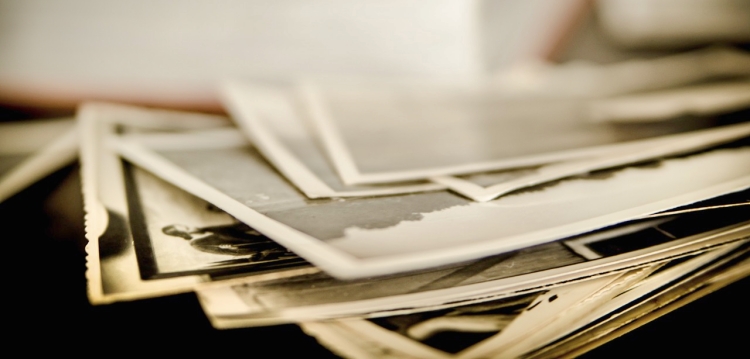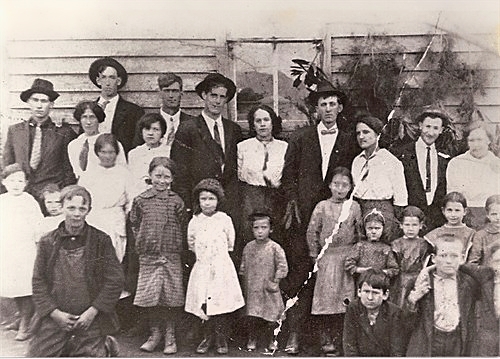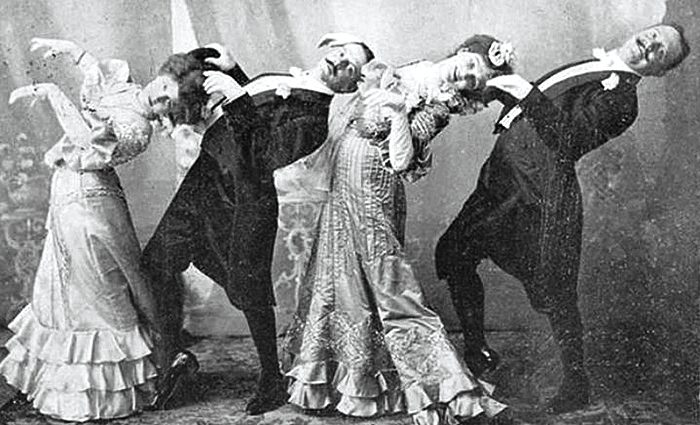My old, second-hand file cabinet bit the dust. I purchased it at an indoor flea market for about 25 dollars. One day, I opened the bottom drawer and it teetered near collapse. An Office Depot trip was inevitable. But, before replacing the old one, I made sure no documents scooted their way in the crevices. I shined our old, trusty flashlight inside and found something pretty amazing. A set of about twelve photographs stared at me.

I retrieved them and they told a story of an infant’s first birthday, brimming with cake and goofy hats and hugs and smiles. I sat down and flipped through them, one by one, and my heart grew a little heavy. Who were these people? What was their story? How were they doing? What were their lives like? And my thoughts turned to our Appalachian selves . . . our Appalachian culture . . . our Appalachian stories. Who will tell our stories? How will others know about us – the real us? How will they know our history, our lives, what we do, how we live and survive?
We have an oral history. Great-grandparents tell stories while they plant a little row of corn or fish underneath a shade tree or snap beans on the front porch. Grandparents sit with loved ones and give a few untoward tidbits about an ancestor or divulge what herbs cure particular ailments or pray aloud for so and so’s sick (or troubled) child (with details). Parents bring up a time when an event occurred in the county or why an ancestor loved this song or how a recipe handed down from the settler days never fails.

We hear about scoundrels, cheats, and murderers, along with helpers, heroes, and glorified souls. We learn about disasters and effects they had on a community (then and now). We’ve been taught about sustainability before it was even a thing, and witnessed our matriarchs and patriarchs upcycle things into something usable or artistic, all the while reviewing from where or from whom it came. We remained silent during these stories, soaking it all in, eyes wide with wonder, and we reveled in the visual imagery the oral history evoked.
But . . . what happens when the oral history is gone? What happens to our ancestors and their stories?
We here at Appalachia Bare want to read your story, see your photographs, hear your music, view your creativity. Our goal is to ensure Appalachian stories are told – oral histories published, and preserved, and, above all, respected. We consider it a great honor to publish Appalachian creativity and Appalachian stories (native, homegrown, or transplant).
Do you have a story to tell? Or, do you know someone who’d like to share their narrative? Tell others about us. We accept submissions year-round, and, if needed or desired, we will personally work with you. We understand how nerve-wracking submitting your work can be. All of us at Appalachia Bare have been there. After all, what one creates is part of the self. Your creativity has a home here and, just like sitting around an old, country fireplace, you are warmly welcomed.
Appalachia Bare does reserve the right to reject hate speech and harmful content.
**Featured Image “Cakewalk” from Bored Panda
